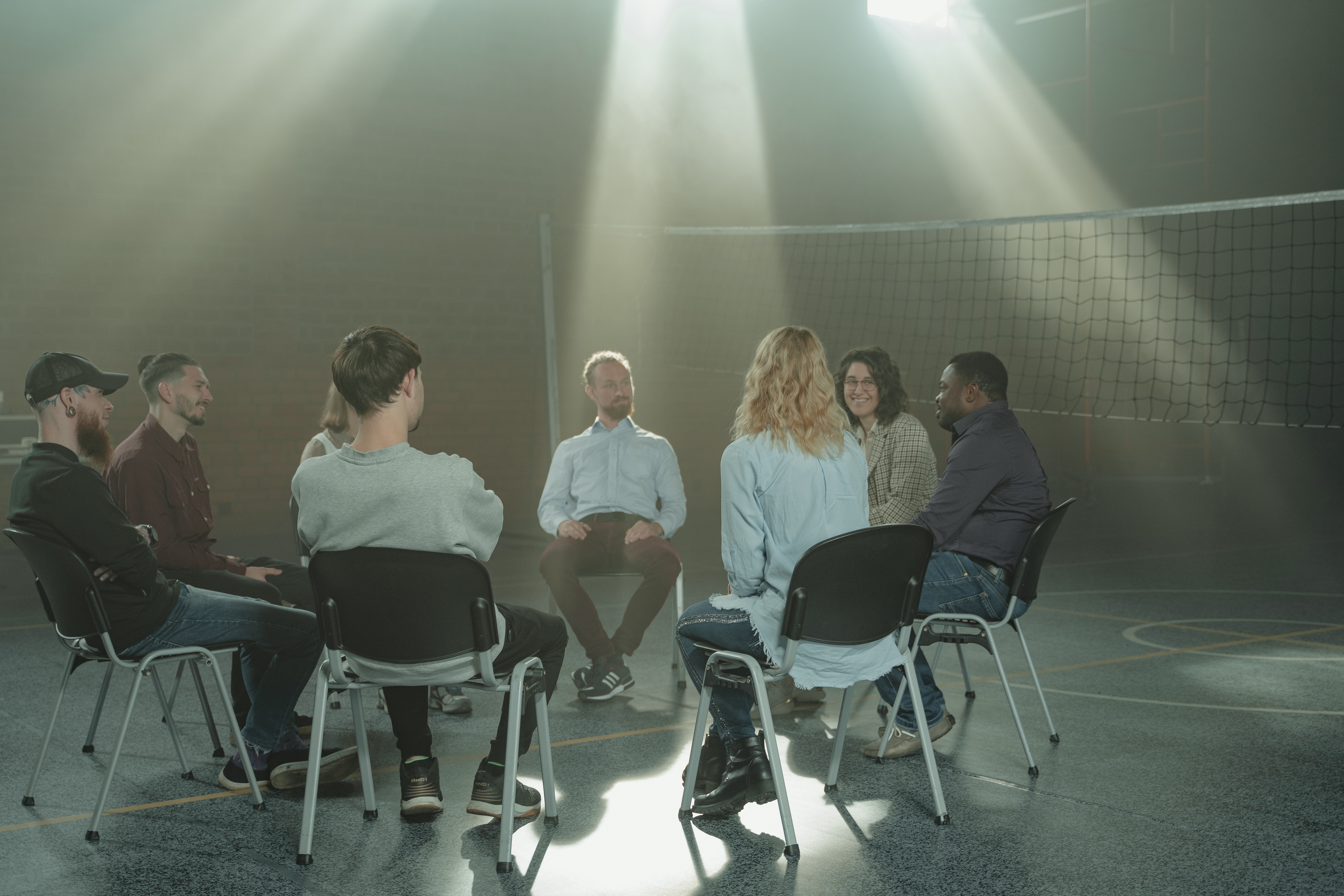
Body Acceptance Week: Celebrating Diversity a ..
Nov 06 - 2024
Cart is empty.








Anxiety and phobias can significantly impact a person's quality of life, making it challenging to navigate everyday situations. Fortunately, effective support systems and resources are available to help individuals cope with these mental health challenges. In this article, we will explore the importance of support systems in managing anxiety and phobias. Additionally, we will introduce a unique Cognitive-Behavioral Therapy (CBT) counseling game called "The Trails and Fears" designed to
Understanding Anxiety and Phobias
Anxiety is a common mental health condition characterized by persistent and excessive
The Role of Support Systems
Support systems play a crucial role in managing anxiety and phobias. Having a strong network of supportive individuals can provide comfort, encouragement, and understanding during difficult times. Support can come from various sources, including family, friends, support groups, and mental health professionals. These individuals can offer emotional support, practical advice, and a safe space for sharing experiences and fears.
Benefits of Support Systems in Managing Anxiety and Phobias
Validation and Understanding: Being part of a support system or group allows individuals to connect with others who may have similar experiences. This validation and understanding can help reduce feelings of isolation and provide a sense of belonging.
Emotional Support: Supportive individuals can offer empathy, compassion, and a listening ear. Expressing emotions and fears to a trusted person can alleviate anxiety and promote emotional well-being.
Practical Coping Strategies: Support systems can provide valuable insights and practical coping strategies for managing anxiety and phobias. Sharing techniques, resources, and personal experiences can empower individuals to develop effective coping mechanisms.
Accountability and Encouragement: Supportive individuals can serve as accountability partners, encouraging individuals to face their fears, seek treatment, and practice self-care. Their encouragement can motivate individuals to take steps towards managing their anxiety and phobias.
Having someone to face your fears and phobias with: Having someone to confront your fears and phobias with can offer a sense of safety and reassurance during challenging moments. This group can accompany you during exposure exercises, offer support during anxiety-provoking situations, and provide a comforting presence as you navigate through your journey.
One valuable resource
In conclusion, managing anxiety and phobias is a journey that requires support and the utilization of effective strategies. Building a strong support system is essential in this process, as it provides a network of understanding individuals who can offer guidance, encouragement, and a sense of belonging. Remember that you are not alone in your struggles. Reach out to your support system, seek professional help, and explore resources that can aid you on your path to overcoming anxiety and phobias.

Nov 06 - 2024

Oct 16 - 2024

Oct 09 - 2024

Sep 24 - 2024
Enter your email address and password to login.
Enter your email address and we'll send you a link to reset your password.
Please Write your Email


